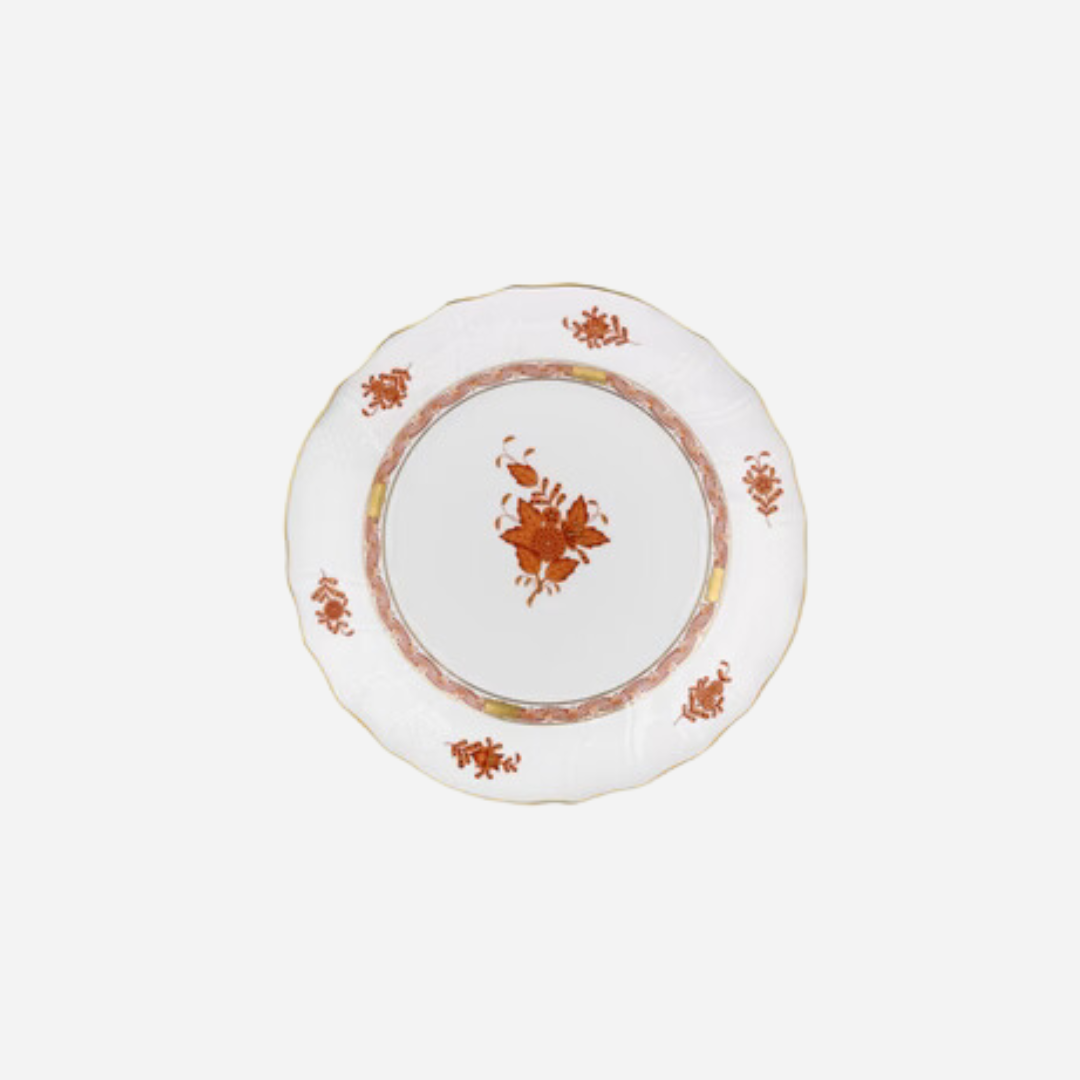Love it? Add to your wishlist
Your favorites, all in one place. Shop quickly and easily with the wishlist feature!
[title]
[message]

If you have specific delivery questions or if you have a special delivery need, our concierge team is always available at contact@hopewoodinteriors.com.au
Full Delivery & Returns information
Choose options

join
Our Journey